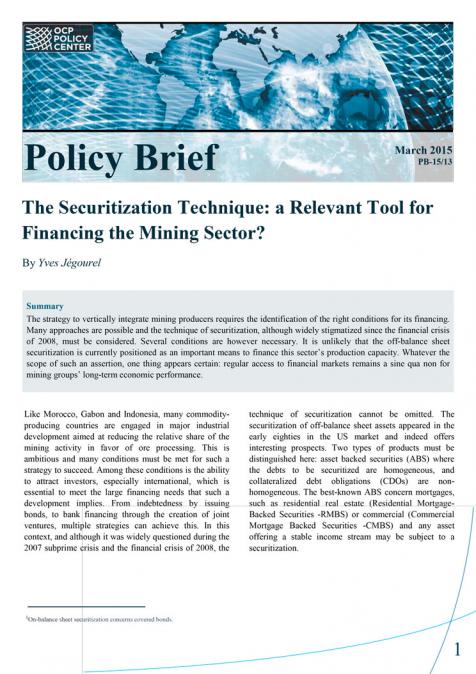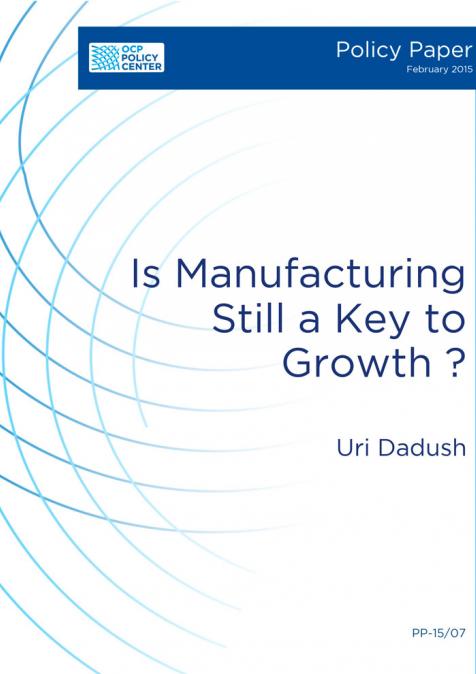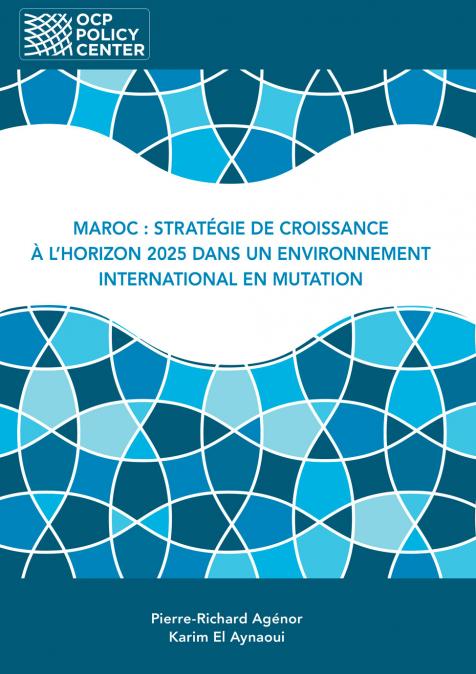The Policy Center for the New South recently partnered with the Atlantic Council’s Africa Center on a pair of reports exploring the theme of technology and its impact on Africa’s political and economic future. In its report, The Impact of New Technologies on Employment and the Workforce: What Are the Implications for Developing Countries, Especially in Africa?, the PCNS analyzes the relationship between technology and employment in African labor markets, responding to the question of whether technology will help or hurt the twelve million Africans per year entering the job market. Taking a geopolitical angle in its report, Partnering for Africa’s Digital Future: Opportunities for the United States, South Korea, and India, the Atlantic Council’s Africa Center covers opportunities for cooperation between African nations, South Korea, India, and the United States to advance digital infrastructure and technology in Africa as an alternative to China.









